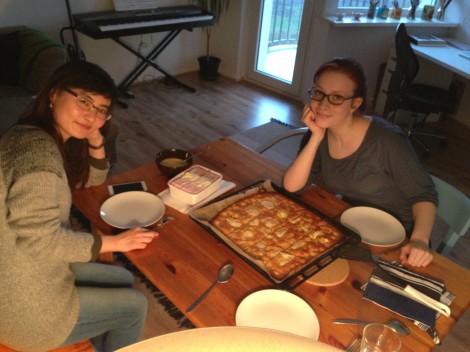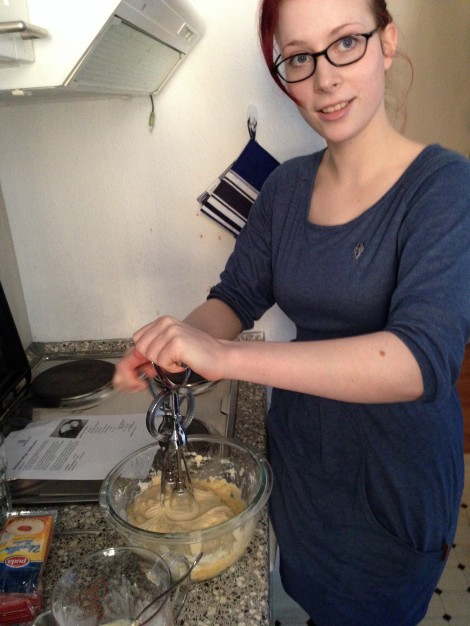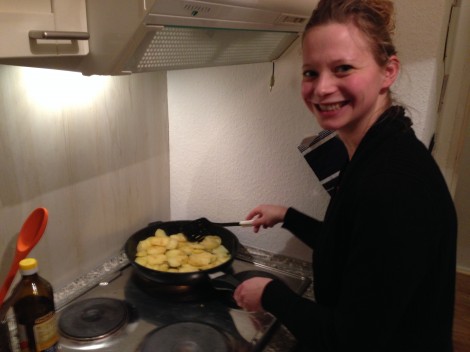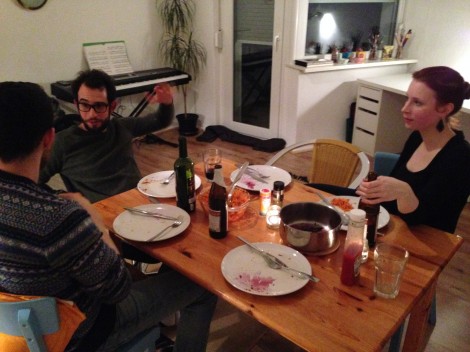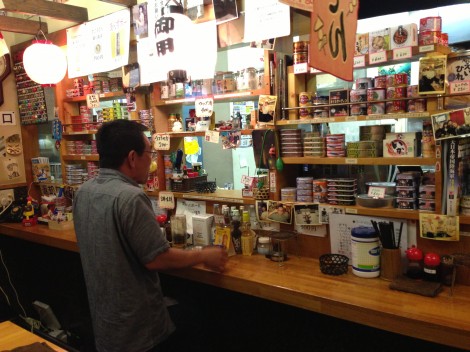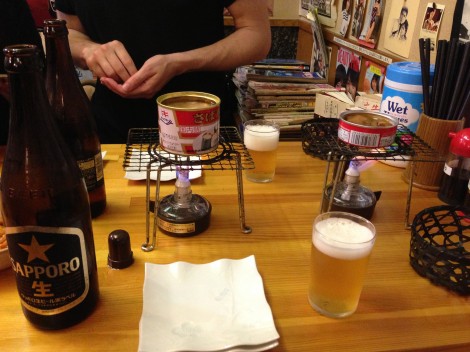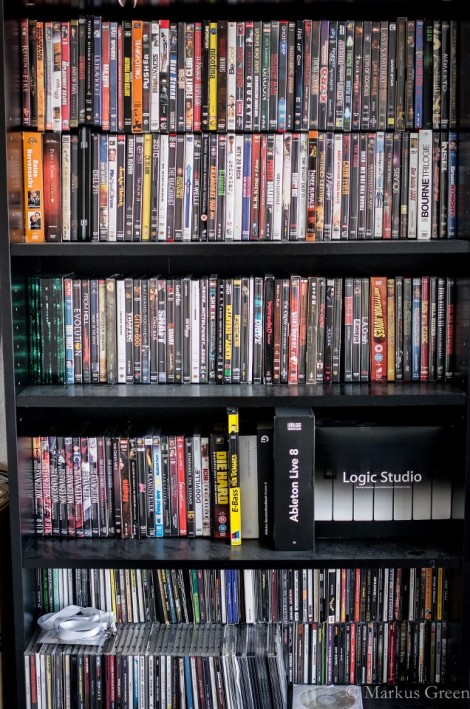Make the most of your Exchange experience
If you’re currently an exchange student (let’s say in Berlin) chances are you’re spending most of your time speaking a language that you already know when you should be enjoying life in another language.
It’s difficult, true. Everybody in the dorm speaks English, you know some people across the hall that speak your mother tongue and that makes life easy. You already have enough stress with classes and managing day to day life, right?

Yes! This is exactly the experience you’re having ;).
This is something you probably already know:
You’re not going to learn much that way.
If you go to Germany and all you speak is English, how do you expect to improve your German? By visiting a language class twice a week? That’s not enough to learn a language and it’s not using the opportunity you have, living in a foreign country.
Most people in Germany speak English which doesn’t make it easy to practice your German, but sometimes you just have to insist on not using English, or Spanish, or French.. whatever your mother language is.
Because it can be kind of rough in the beginning, using Language by Doing to get some practice and getting used to speaking German is a great idea. Visit some events, loosen your tongue, realize the world won’t end if you make the other person wait a bit and find out that nobody will think you’re dumb for not speaking the language fluently. You shouldn’t take yourself too seriously anyway
Get together with some people that are relaxed and who will let you relax. Even better, get together with those people and do something you love doing. If you play Basketball at home, go shoot some hoops with a group of Germans. If Tekken tournaments are your thing, you can find them.
After the exchange
Now consider the other side of the exchange experience. You’re back home after an exchange, survived the reverse culture shock and got used to being back again.
Chances are you’ll miss living abroad, you’ll miss not understanding everything around you and you’ll miss speaking the language of the country you stayed in.
Personally, I never considered language classes a viable option after an exchange. If I wanted to speak a language, going back to the restrictions of a classroom isn’t really that much fun. Answering a string of pre-decided questions, following a guideline in a conversation or writing essays about topics I really don’t care about is not how I imagine a great time.
So watcha gonna do?
The chances of finding a fixed group of people that speak the language you want to practice, have a website you can find and get together regularly are pretty slim.
Getting together for a language exchange only for the sake of practicing speaking is pretty lame as well. Hanging out in a café, talking about the differences in culture for the twentieth time is about as exciting as doing exercises titled “In der U-Bahn”.

Maybe it’s not such a bad topic after all…
The plan is to provide a network for get-togethers that don’t have to happen on a regular basis. If you spent some time living in Spain and want to speak Spanish back home, there might not be many opportunities for you. So try to get a Salsa teacher to offer one class a week in Spanish and invite others through the site. If you enjoyed barbecues in Brazil, find a Carioca to host it and find people to join on Language by Doing.
Being immersed in an activity will remind you of the good times and you’ll make great experiences.
We are slowly getting to be more people and we’re getting merrier by the day. You can sign up to be a part of this great project in the sidebar or here and spread the word so amazing things can happen!

